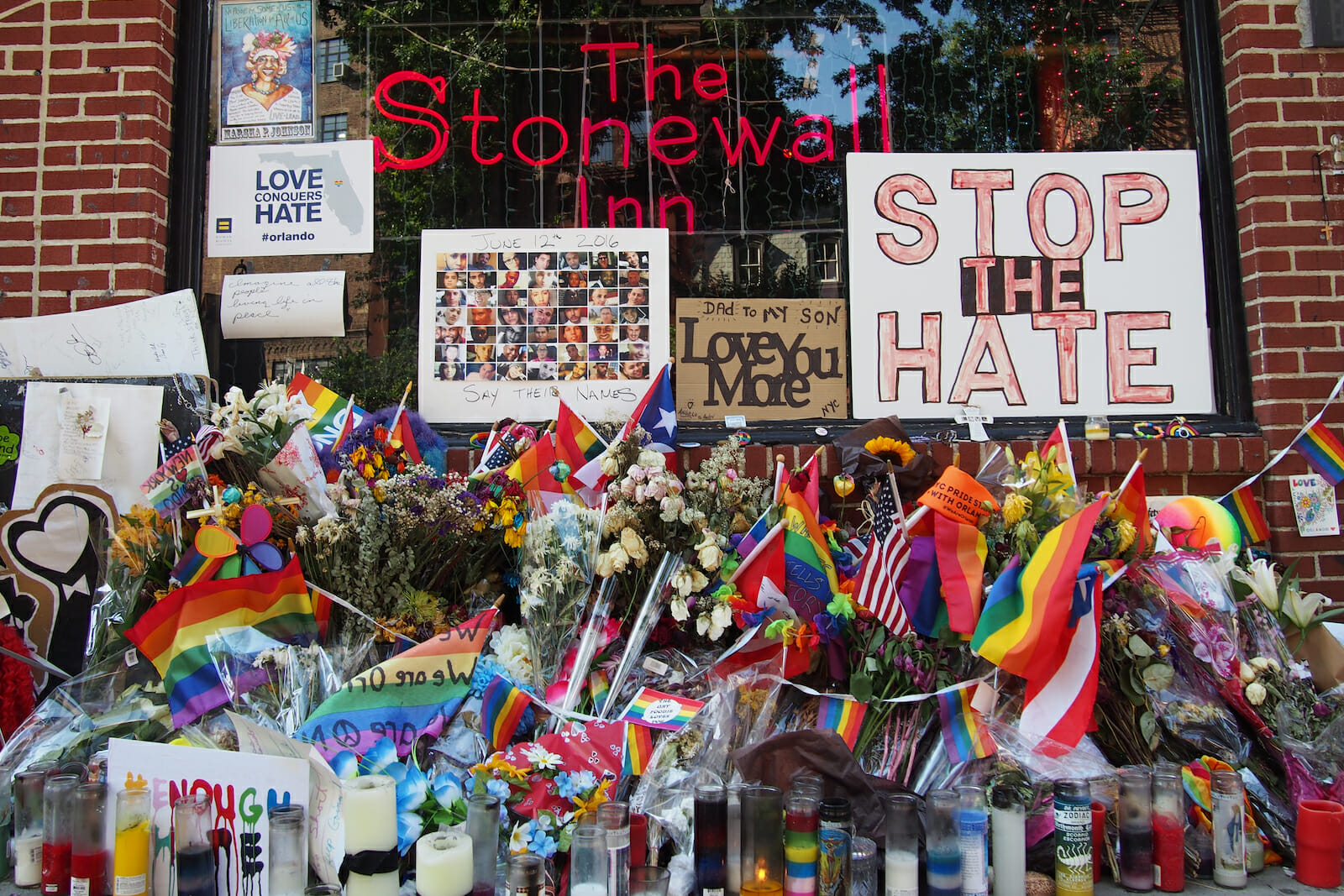
Culture
50 Years of LGBQTI Rights
This year, the LGBQTI movement turned 50. Thanks to this movement, in most countries, we have the right to express our sexuality and make decisions about our own lives, regardless of our gender identity or sexual orientation. However, there are about 67 countries that still consider homosexuality a crime. In 13 countries, homosexuality is punishable by death. Moreover, the strides of the past 50 years are no guarantee for the future.
In 1999, President Bill Clinton was the first U.S. president to issue a proclamation in honor of Pride Month, followed by President Barack Obama and President Donald Trump. The month of June celebrates the Pride Month worldwide due to the riots that happened back on June 28th, 1969, known as the Stonewall riots. On this occasion, the police raided gay men and trans women who decided to resist and come out of the shadows and stand up for their rights. The Stonewall uprising which began at a gay a bar in Greenwich Village in New York City became a watershed moment of LGBQTI pride, and it is considered the birth of the modern gay rights movement. Until 1969, police raids on bars that served LGBQTI people were routine, and the LGBQTI community was ostracized and harassed.
The Trans women Marsha P. Johnson and Sylvia Rivera played an important role in the LGBQTI movement. In the 1970s, Johnson and Rivera founded the Street Transvestite Action Revolutionaries (STAR) organization dedicated to providing support and a political framework for the struggle of transgender and other LGBQTI groups. During the 1980s, Johnson also participated actively in different organizations to fight AIDS. Today, if LGBQTI people have conquered some rights is due to activists such as Johnson and Rivera, who stood up for their rights and made history. The city of New York will honor Johnson and Rivera by building a monument on their behalf. The Village Voice eulogized them as “the Rosa Parks of the modern transgender movement.”
Since then, the LGBQTI community has been able to occupy public space, assuming their identities and being proud of themselves. Civil right movements such as these by a community that has been persecuted by the church, state, and medical field stands as a testament to the resilience of the human spirit’s determination to fight innately inherent rights.
The Netherlands made history in 2000 by being the first country to extend the full rights of marriage to same-sex couples. Followed by Belgium in 2003, Spain and Canada in 2005, and South Africa in 2006. In 2010, Argentina became the first country in Latin America to recognize marriage equality, the 10th in the world to do so, and the 2nd in the Americas (after Canada). In 2018, the Indian Supreme Court unanimously ruled to legalize homosexuality. Furthermore, the Supreme Court ruled that discrimination on the basis of sexual orientation is a fundamental violation of rights. The Indian decision followed decisions in favor of LGBQTI rights in Costa Rica, Bulgaria, and Trinidad Tobago.
In 2018, Thailand drafted a civil partnership bill that legally recognized same-sex couples as civil partners, and elected four LGBT+ members of parliament.
In January 2019, Angola adopted a new penal code which bans discrimination against people based on sexual orientation. Angola joins the few group of African states that have decriminalized same-sex relationships. In May 2019, Brazil, the land of the largest Catholic population in the world governed by a far-right, conservative and Catholic President, had its Supreme Court vote in favor of criminalizing the discrimination and acts of hate against the LGBQTI community. Also in May, Taiwan‘s Parliament passed a new bill legalizing same-sex marriage. Taiwan’s decision was not without controversy and came after three decades of campaigning by activists against staunch conservative opposition. Taiwan became the first country in Asia to approve same-sex marriages whereas religious and conservative values remain entrenched in countries such as Indonesia and Malaysia. In June 2019, the Botswana High Court overturned laws that criminalized homosexuality.
According to the International Lesbian, Gay, Bisexual, Trans and Intersex Association (ILGA) which advocates and keeps track for LGBQTI rights worldwide, no decade has had as rapid progress on LGBQTI rights in the world as the last 10 years. Of the 54 countries that allow same-sex marriages or unions, 39 implemented the change between 2009 and 2019, a period in which recognition of homosexual unions more than tripled in the world. However, the many achievements towards the acceptance of LGBQTI rights worldwide, there are 31 countries where criminalization of same-sex sexual acts between adults can be punished to up to 8 years of imprisonment.
The reason we need to stand up for LGBQTI rights is to stop phobia, bullying, harassment, aggression and mass shootings which are all sorts of hate crimes. It is imperative that the international community intervene in the fight for LGBQTI rights. More campaigns for LGBQTI rights should be broadcast on a larger scale to halt resistance, particularly in countries where conservative and religious groups sway politics towards regressive conservative populist laws. LGBQTI community deserves the same opportunity and the level of dignity as everyone else. According to the European Union Agency for Fundamental Rights (FRA), more than 1 of 4 LGBQTI individuals has either experienced physical or sexual violence or threats. Many people celebrated the first 50 years, but there is still more to be done, LGBQTI rights are human rights, everyone should have access to the same rights; after all, we are all equal.

